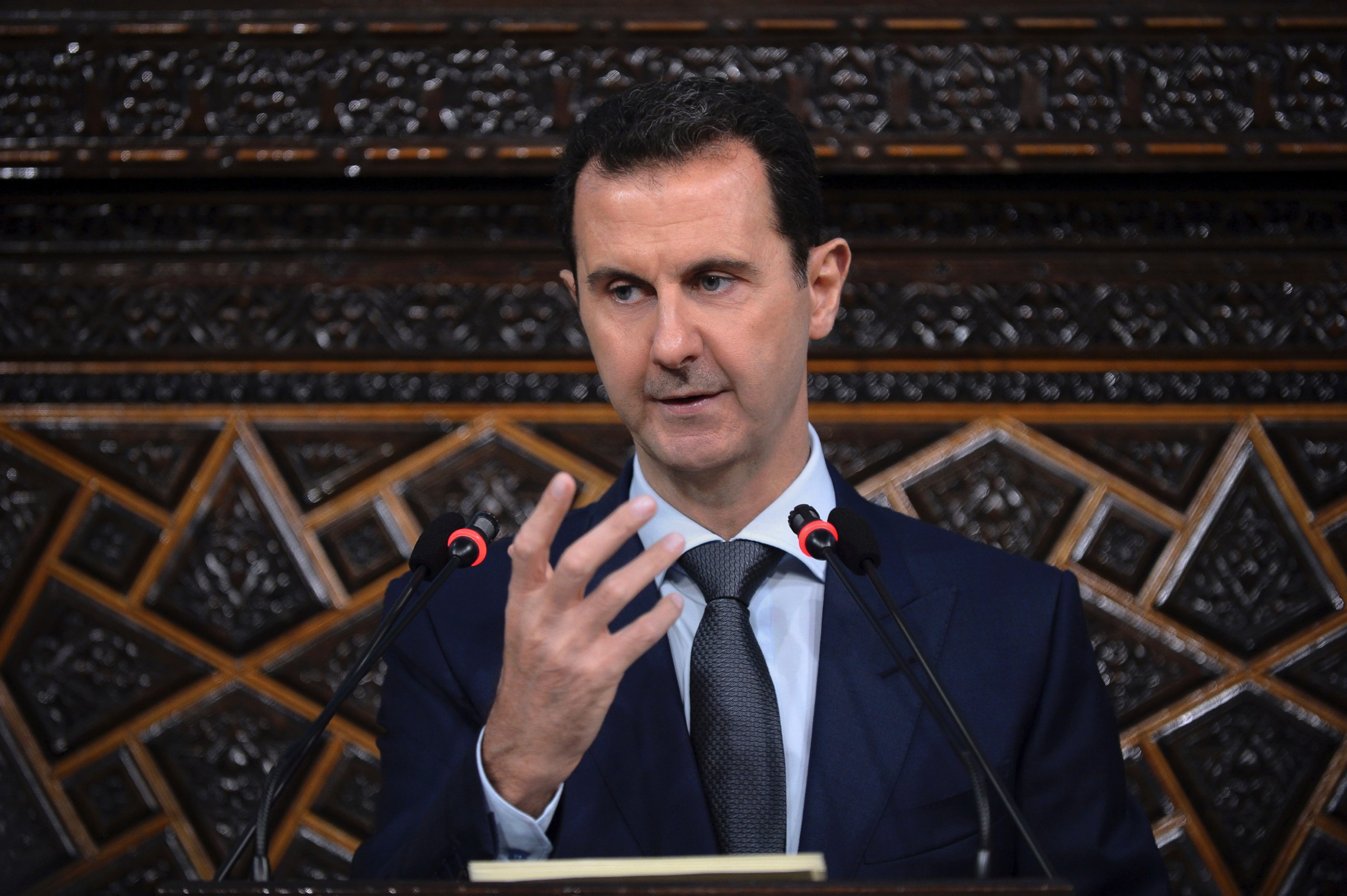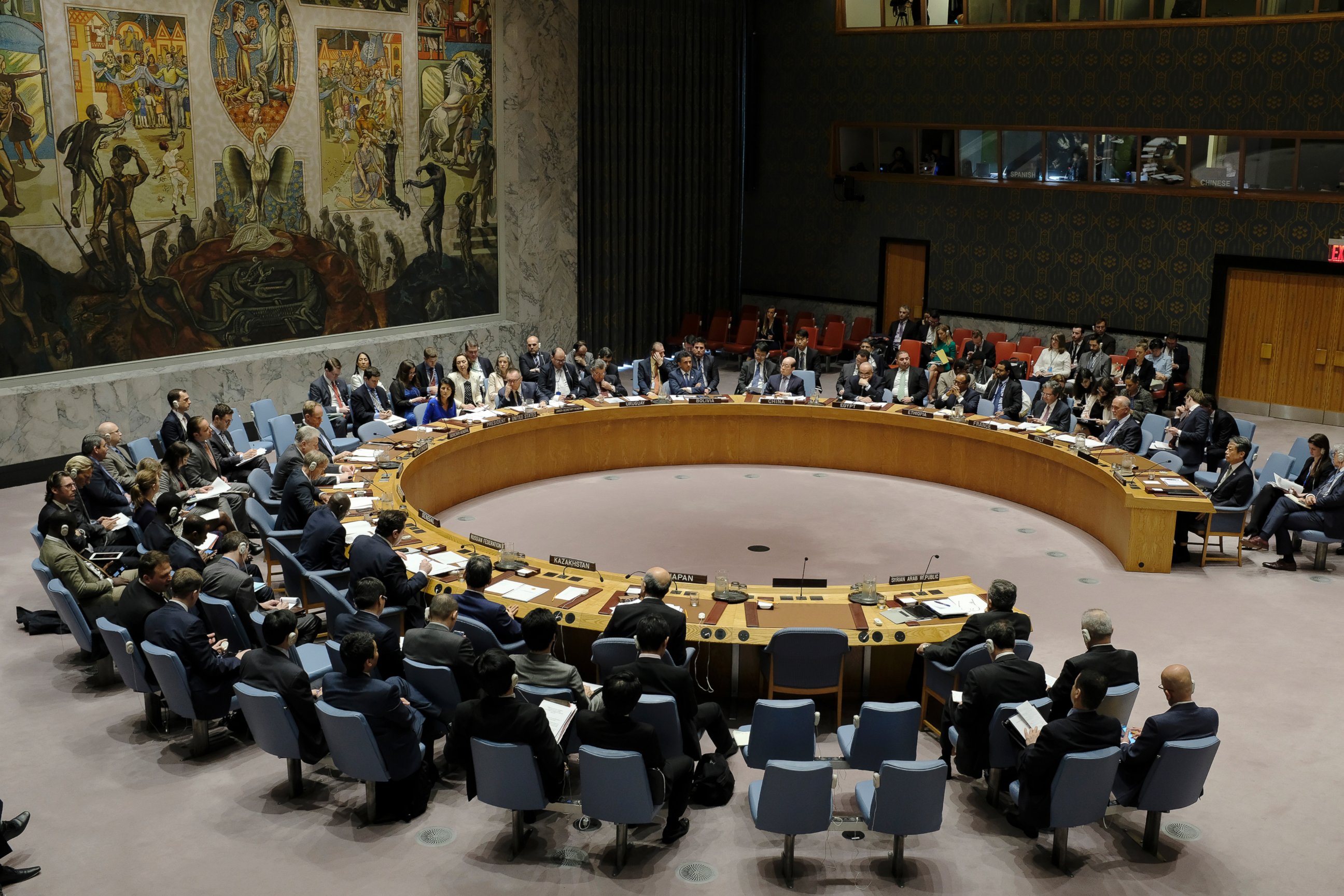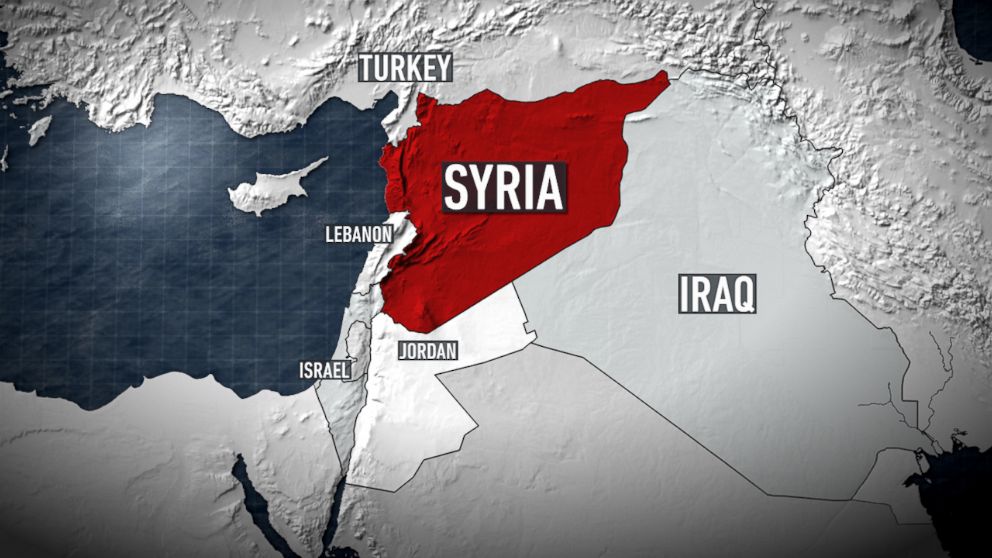Russian prime minister slams US strike on Syria
Turkey, Israel, Saudi Arabia and more praised strike; Russia and Iran denounced.
— -- Russian Prime Minister Dmitry Medvedev today angrily denounced President Trump for his decision Thursday night to strike a Syrian air base linked to a chemical weapons attack that left at least 86 dead.
Medvedev, in a heated post on his Facebook page, appeared to signal that Russia's hopes for greater cooperation with the Trump administration on the issue of the Syrian civil war were over: "That's it," he wrote.
"Straight after the election I remarked that everything would depend on how quickly the machine of power broke Trump’s pre-election policies. It took just two and a half months," the post said.
"With his military action the U.S. president's administration has proved also its non-independence, its extreme dependence on the opinion of the Washington establishment," Medvedev wrote, describing the two countries’ relations as “utterly spoilt.”
Russian President Vladimir Putin has yet to comment directly on Thursday night's strikes.
But Kremlin spokesman Dmitry Peskov said Putin regarded the strike "as aggression against a sovereign nation" that was carried out "in violation of international law, and also under an invented pretext."

Russia has backed Syrian President Bashar al-Assad in the country's long-running civil war. Thursday night's strikes came in response to the Syrian regime's use of banned chemical weapons on civilian populations Tuesday. At least 86 people, including women and children, were killed in the chemical attack.
Medvedev characterized the U.S. strikes as a "brutal contradiction" of "the norms of international law, without U.N. approval," and said they had violated the United States’ own procedures in that it appeared the White House had not notified Congress ahead of them. The United States, he said, was "on the edge of military clashes with Russia."
That it was Medvedev, considered a less weighty figure within the Kremlin system, delivering the tongue lashing and not Putin, seemed to hint that Russia might still be leaving the door open to further cooperation with the United States.
Despite the stormy rhetoric, Russia nanalysts said they believed the Kremlin was much less worried by the strikes than it appeared. If no more strikes follow, then Russia would have little cause to be dismayed, they said.
“Russia would allow a one-time event to slide,” Pavel Felgenhauer, a veteran military policy specialist in Moscow, told ABC News. “There’s going to be fireworks of condemnation coming from Moscow. But Russia still wants to find an understanding with Trump.”
There were indications that Russia did hope to continue a dialogue with the United States despite the hot words. There was, for instance, no suggestion Secretary of State, Rex Tillerson, who is due to visit Moscow next week on his first trip there, would be uninvited now. The head of Russia’s parliamentary committee on international affairs, Leonid Slutsky, told the Russian state television network, Rossiya 24, that Russia would not “close itself behind walls” with the United States.

The Russian leaders' condemnation stood out on the global stage, where most leaders, especially U.S. allies, appeared to support Trump's decision to strike the air base linked with the deadly and illegal chemical weapons attack.Syria and Russia have denied that the government was responsible.
Among the first to comment on the strike decision was Israeli Prime Minister Benjamin Netanyahu, who said Trump "sent a strong and clear message today that the use and spread of chemical weapons will not be tolerated."
The Israeli leader said that his country "fully supports President Trump's decision" and that it "hopes that his message of resolve in the face of the Assad regime's horrific actions will resonate not only in Damascus, but in Tehran, Pyongyang and elsewhere."
Saudi Arabia and Turkey, regional U.S. allies who have long called for Assad's departure in Syria, praised the U.S. strike as well.
A statement from Saudi Arabia's foreign ministry said the airstrikes were a "courageous decision" to respond to "the crimes of this regime to its people in light of the failure of the international community to stop it."
Turkish Foreign Minister Mevlut Cavusoglu went a step further, supporting the strike but saying that the "regime must be removed from leading Syria as soon as possible and the best way to do that is by starting the transitional process."

In a joint statement, German Chancellor Angela Merkel and French President Francois Hollande said that "President Assad alone carries responsibility for these developments" because of his "repeated use of chemical weapons and his crimes against his own people."
British Prime Minister Theresa May's office said in a statement that the strikes were "an appropriate response to the barbaric chemical weapons attack launched by the Syrian regime, and is intended to deter further attacks."
Australian Prime Minister Malcolm Turnbull called the military action "a calibrated, proportionate and targeted response. It sends a strong message to the Assad regime." But he added, "We are not at war with the Assad regime and the United States have made it clear that they are not seeking to overthrow the Assad regime."
But the Russian condemnation wasn't the only criticism to be found on the world stage. Several countries expressed outrage at the strikes.
Iran, which along with Russia has been a major backer of Assad and critical of international efforts to unseat his government, condemned a "unilateral action that is dangerous, destructive and violates the principles of international law."
In the immediate hours after the strikes, Syrian state TV called the strike an "aggression,” and that it "leads to losses."
Reevell reported from Moscow. ABC News' Ben Gittleson in New York contributed to this story, which was supplemented with Associated Press reporting.




